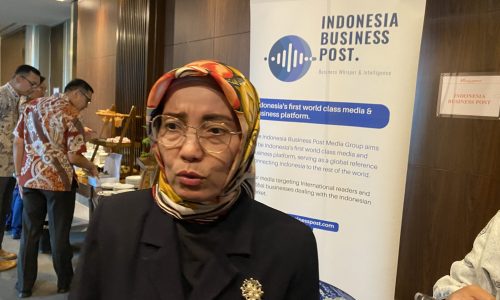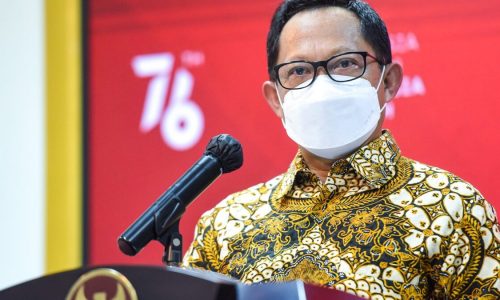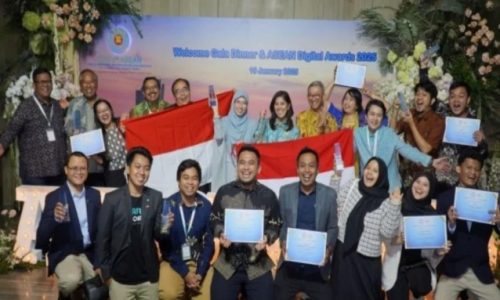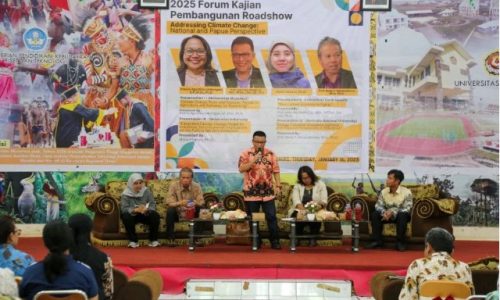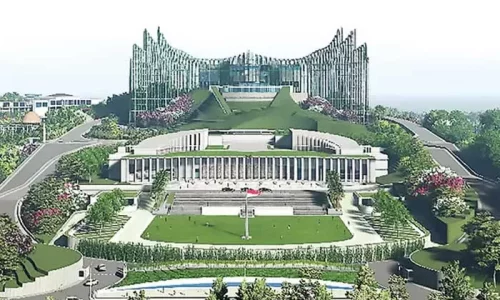Banking financing for the mining sector in Indonesia has continued to show good performance, particularly in regards with the relatively low non-performing loans (NPL), significantly making the sector still attractive to banks, despite global challenges that affect economic performance.
“When compared to the Micro, Small, Mediun Enterprise (MSME) segment whose NPL is already above 4 percent, the mining sector is still very good with an NPL of around 1 percent. This shows that credit risk in this sector is still under control,” Chief Economist of BCA, David Sumual, spoke at the Minerba (Mineral and Coal) Expo, in Jakarta, on Monday, November 25, 2024.
David highlighted the difference in performance between the mining sector and manufacturing, such as textiles, which have been battered and are currently experiencing an increase in NPL due to economic pressures. But for mining, non-performing loans are still very good, this explains the interest of banks to enter the mining sector is still very large.
David noted that the mining sector benefits from global policies that tend to be more supportive of fossil fuels. “Trump’s re-election is expected to bring about a change in global policy, given the strong support for the mining and oil and gas sectors during his term,” he explained.
Domestically, government support for this sector also remains solid through various downstream programs. According to David, downstreaming is no longer only focused on nickel, but has begun to expand to other minerals such as bauxite and copper.
“Downstreaming of the nickel sector has been very strong in the last six to seven years. It is hoped that other minerals will also follow this trend, especially with the large amount of foreign direct investment (FDI) interested in entering the sector,” he added.
Tight liquidity
However, David reminded that the mining sector requires large funding that cannot fully rely on domestic banking, given the increasingly tight liquidity challenges.
“Banking liquidity is currently declining, coupled with the weakening rupiah exchange rate which is a challenge for providing credit, especially in the mining and mineral sectors,” he explained.
Although the nominal income of the mining sector as measured by Gross Domestic Product (GDP) until the third quarter showed a contraction of -5 percent, David is optimistic that there is an opportunity for recovery in the fourth quarter.
“This contraction occurred because commodity prices tended to stagnate, some even decreased. However, with the potential for price increases and production volumes, we hope there will be improvements in the fourth quarter GDP report,” he said.
In terms of commodities, crude palm oil (CPO) is one of those showing a positive trend. Meanwhile, other commodities, such as minerals and energy, are still facing stagnation.
David emphasized that although the mining sector faces various challenges, the long-term prospects remain attractive with strong policy support and high investment interest, both from within and outside the country.



